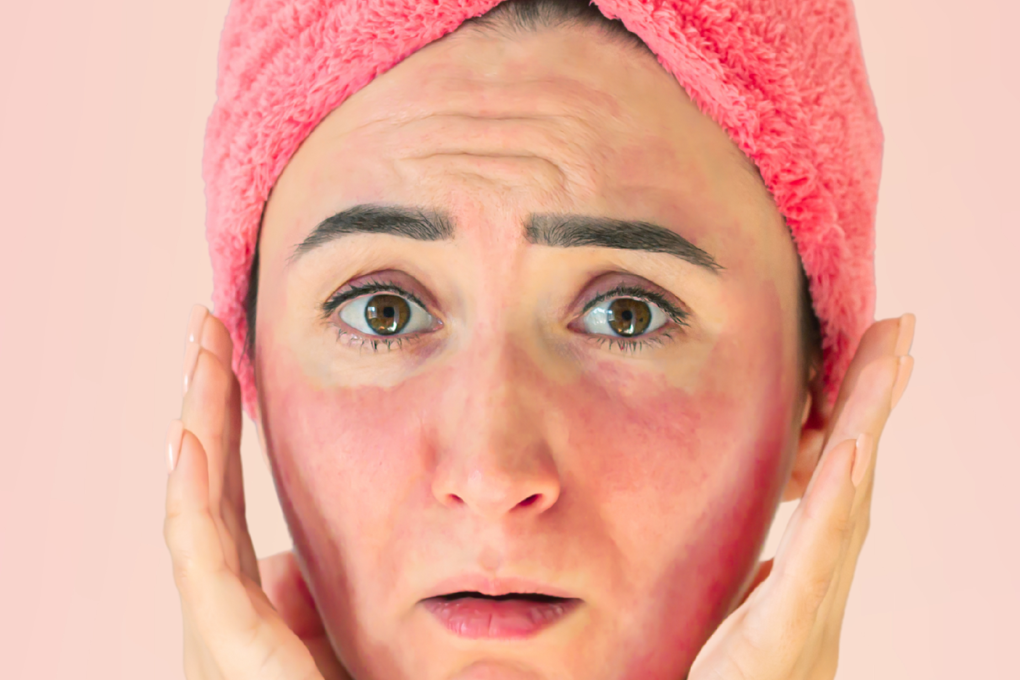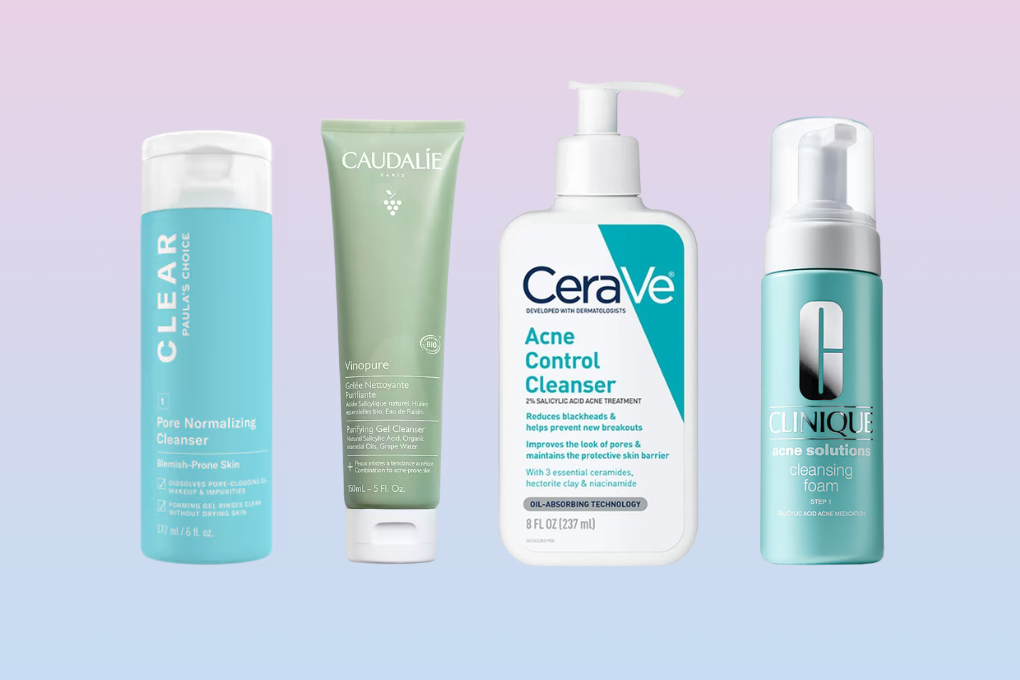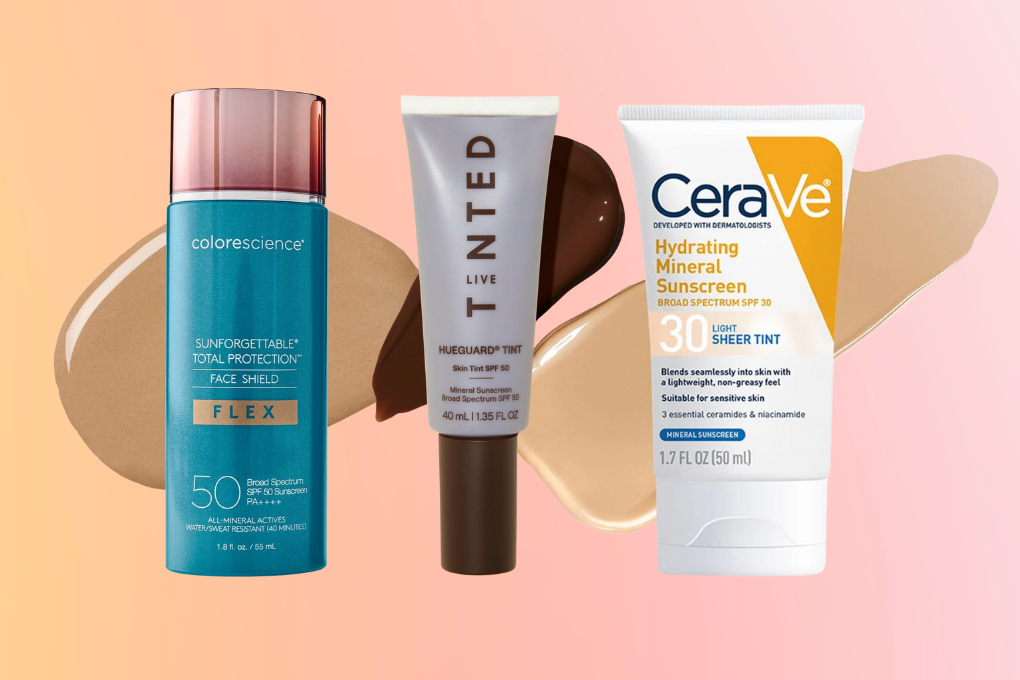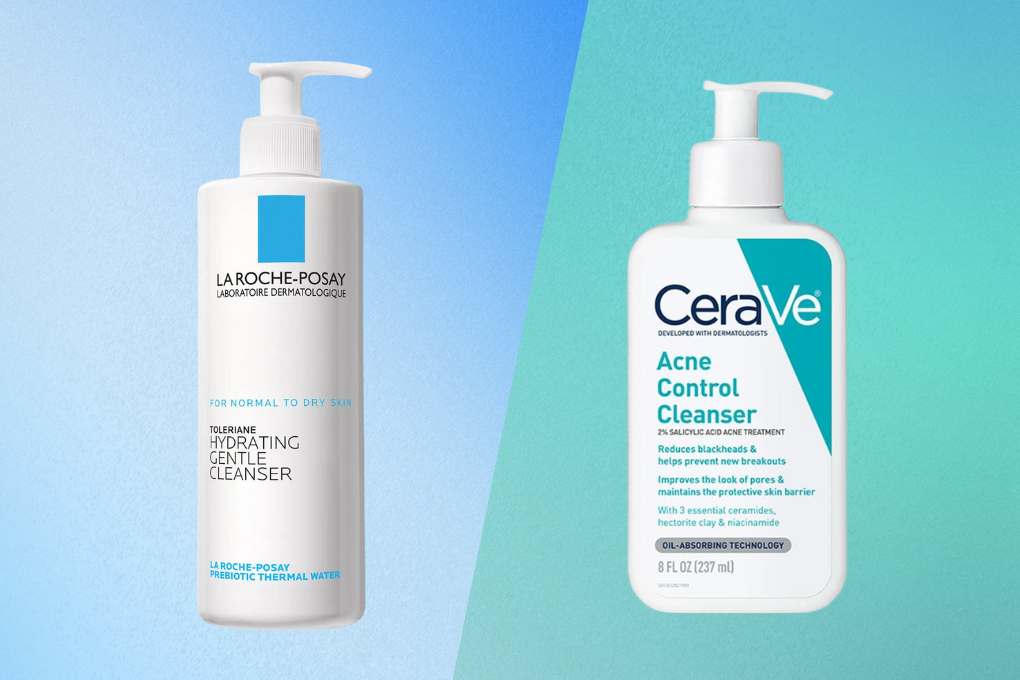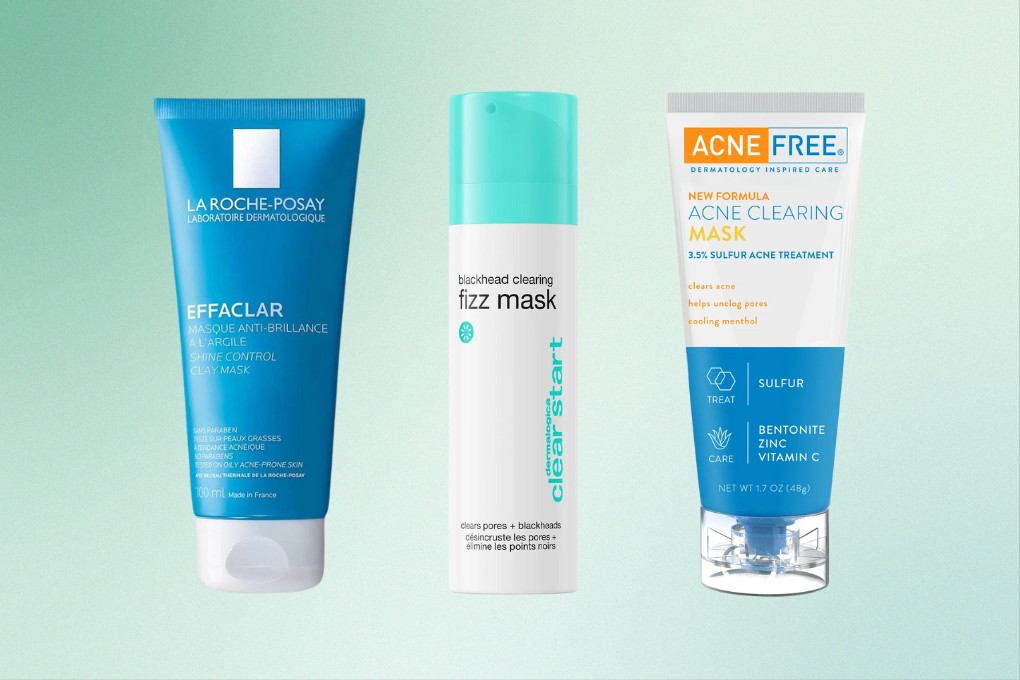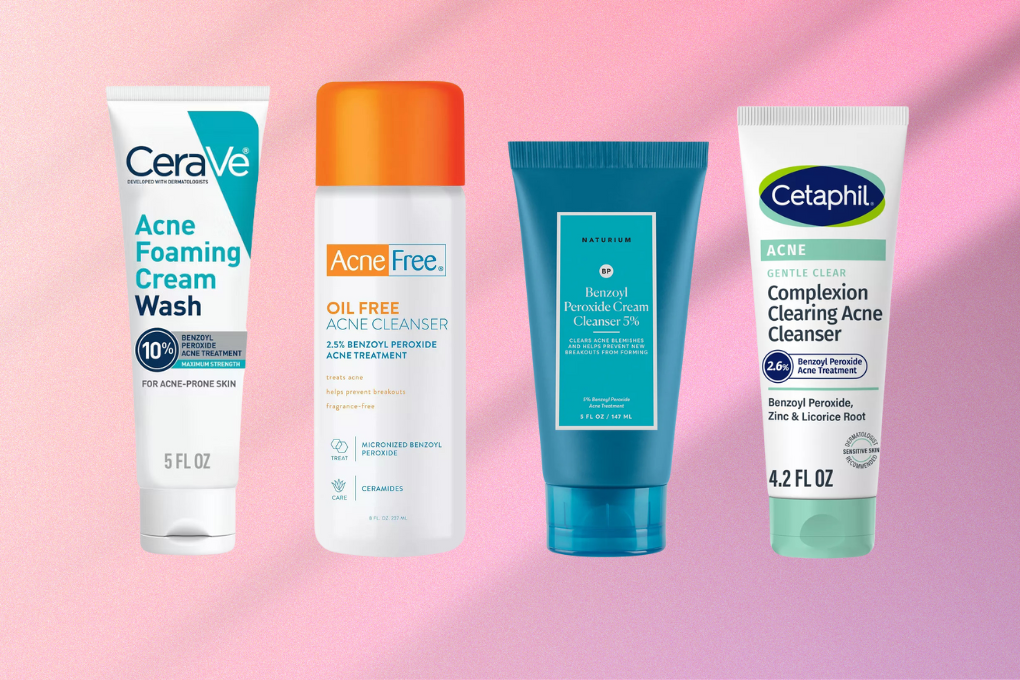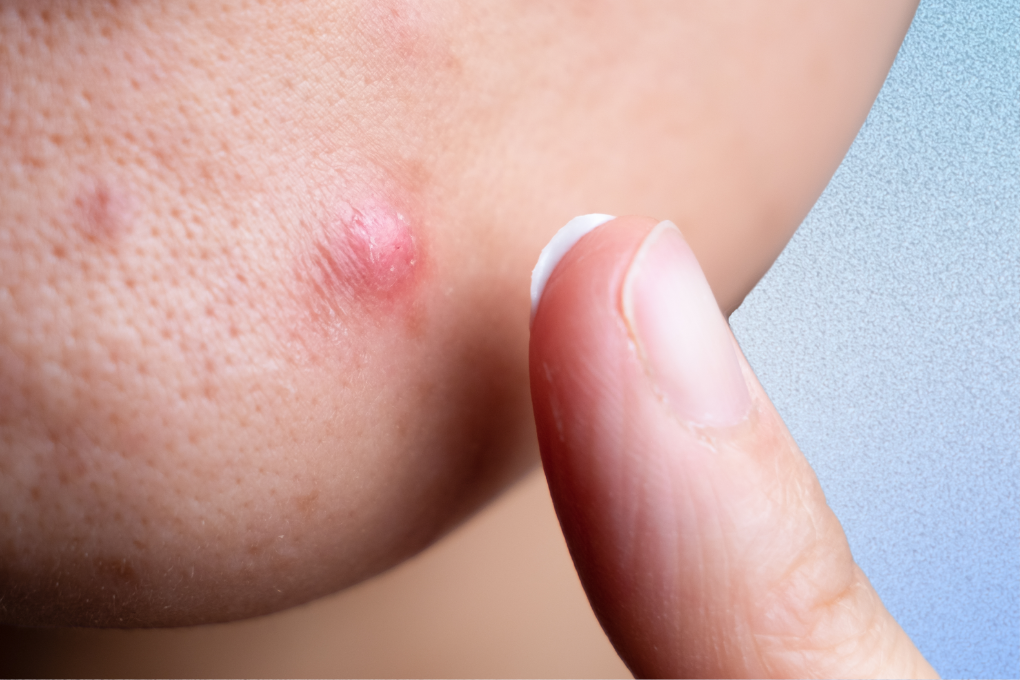Accutane has been changing lives by clearing severe acne since it was approved for acne more than 40 years ago. It is well known in popular culture, both as being the closest thing to a cure for persistent cases of acne, as well as for its notoriously harsh side effects.
If you have been considering Accutane as the next step in your acne treatment journey, keep reading to make sure you know what to expect.
What is Accutane?
Accutane is the brand name for isotretinoin, a powerful medication taken in pill form to treat moderate to severe acne. Although the name brand Accutane was not in use between 2009 and 2021, isotretinoin is still commonly referred to as Accutane. (Sometimes you will hear it referred to as Roaccutane, which is a brand name of isotretinoin in the United Kingdom.)
Accutane was first patented in 1969 as a treatment for skin cancer, but it wasn’t until the mid-1970s that its effects on acne were studied, and in 1982, it was approved by the U.S. Food and Drug Administration (FDA) to treat acne. Accutane changed the prognosis of people with cystic acne; fewer people are forced to live with severe acne because they are able to be treated with Accutane earlier.
How Does Accutane Work?
Accutane is a retinoid, which is a type of vitamin A derivative. Other retinoids in skin care, such as tretinoin, adapalene, and retinol, are applied topically to the skin, but Accutane is taken orally.
Unlike topical retinoids, which are used long term and are effective as long as you keep using them, Accutane will usually continue to keep your skin clear after your course of treatment is completed and you are no longer taking it.
Accutane works by reducing the production of sebum, an oily substance that is produced by the sebaceous glands in the skin. When sebum production is excessive, it can clog pores and lead to acne. Accutane helps to reduce sebum by binding to receptors on sebaceous gland cells to signal to them to stop producing sebum.
Accutane also helps reduce acne by regulating the turnover of skin cells so that excessive dead skin cells don’t clog pores. It also has anti-inflammatory properties that help reduce the inflammation that comes with acne.
It is important to keep in mind that Accutane does not permanently “cure” acne in everyone, and some may experience a recurrence of acne after completing the treatment and may need additional courses or maintenance therapy to sustain the results. However, for many individuals with severe acne, a single course of Accutane can lead to significant and long-term improvements in their skin condition.
Isotretinoin Side Effects
Accutane is a very effective medication that almost sounds too good to be true, but it also has some significant side effects and requires close monitoring by a healthcare professional. Because of its side effects, Accutane is typically reserved for cases of acne that have not responded to other therapies such as benzoyl peroxide, salicylic acid, hormonal acne treatment like spironolactone, or topical retinoids.
Accutane side effects include:
- Dry skin
- Dry lips
- Nosebleeds
- Hair loss
- Joint pain
- Fatigue
- Depression
- Sun sensitivity
- Increased risk of birth defects
While on Accutane, you may also have to make some lifestyle adjustments to protect your body, such as not drinking alcohol, avoiding sun exposure, and diligent use of sunscreen. You shouldn’t get tattooed, pierced, or waxed during treatment because your skin won’t heal as well while you’re taking Accutane.
Most importantly, you absolutely cannot get pregnant while doing your course of Accutane treatment due to the high risk of birth defects on Accutane.
Accutane iPledge
The iPledge program was started by the FDA to ensure that no one was prescribed Accutane while pregnant, and to prevent anyone from getting pregnant while on Accutane.
If you can get pregnant, you will need to wait 30 days before starting Accutane, during which you will need to be on two forms of birth control and have two negative pregnancy tests. You will need to continue on two forms of birth control and show a negative pregnancy test every month. After you show your negative pregnancy test, you will have a one-week window in which to pick up your next month’s prescription.
Another regulation of Accutane is that you won’t be able to donate blood until one month after you finish your Accutane treatment due to the potential risks associated with your donated blood being given to a pregnant woman.
How to Get Accutane?
Accutane is available by prescription only. If you think Accutane is the next step to manage your acne, you’ll need to schedule an appointment with a dermatologist. During the consultation, the dermatologist will assess the severity and type of acne you have and review your medical history to make sure that Accutane is the right option for you. In some cases, additional blood tests may be needed to ensure it is safe for you to take Accutane.
If your dermatologist decides that Accutane is an appropriate treatment for your acne, they will give you a prescription. Like all patients, you will need to register in the iPledge program with your doctor and adhere to all steps to receive your prescription.
Accutane Dosage
Your dermatologist will decide your Accutane dosage based on your weight. This will usually start low and increase as needed. Generally, you will be prescribed between 40-80mg of Accutane per day, although this will, of course, vary depending on your unique circumstances. The full course of treatment will typically last between four and six months.
There have been recent discussions about using a low-dose or “microdose” of Accutane in mild or moderate acne, but it is an off-label use that is not commonly used by dermatologists.
How Much Does Accutane Cost?
The cost of Accutane will vary widely based on several factors, including whether you have health insurance and (if you do) the coverage your insurance offers for prescriptions, dermatologist visits, and lab testing.
Even with health insurance, you may have to pay a copay each time you have an appointment with your dermatologist, pick up your prescription, and get blood work done. Make sure you speak with your insurance provider to get a complete picture of the costs that you will be responsible for.
If you don’t have health insurance, you will have to pay out-of-pocket for all dermatologist visits, any lab testing, and the Accutane prescription itself. The cost of the prescription will depend on the dosage that your dermatologist determines is right for you. You can enter your prescription dosage into GoodRx to see what coupons are available to use at different pharmacies to help offset the cost. Costco can often be a cheaper option to get the prescription, and you do not have to be a member to use either their online or in-person pharmacy. For further savings, make sure you are getting generic isotretinoin.
Remember, if you have a Flexible Spending Account (FSA) or a Health Savings Account (HSA) through your employer, you can use pre-tax income to pay for your out-of-pocket medical and pharmacy expenses for Accutane.
Even after 40 years, Accutane remains a transformative tool for many people trying to manage severe acne, significantly improving their quality of life. While its efficacy is well-established, you’ll need to be fully aware of the potential side effects and risks associated with Accutane before beginning treatment and only take it under the guidance and supervision of a qualified dermatologist.






